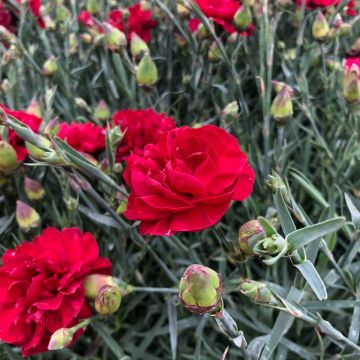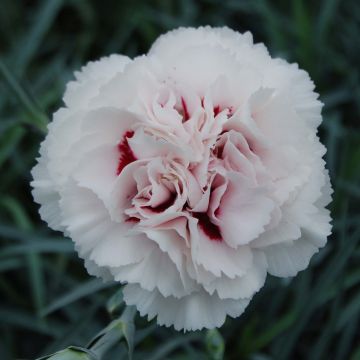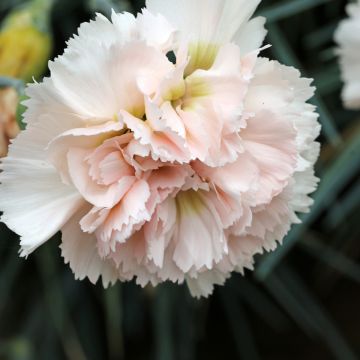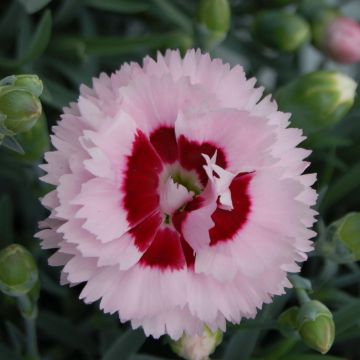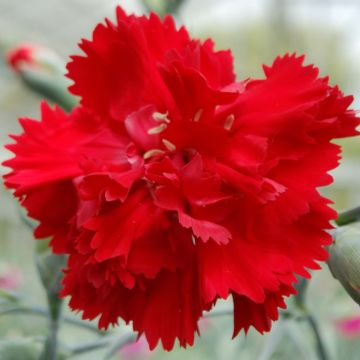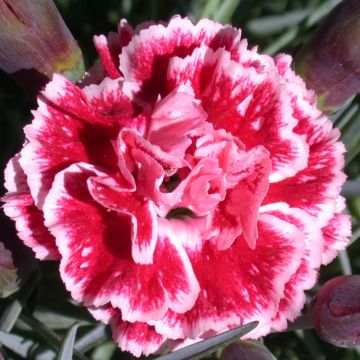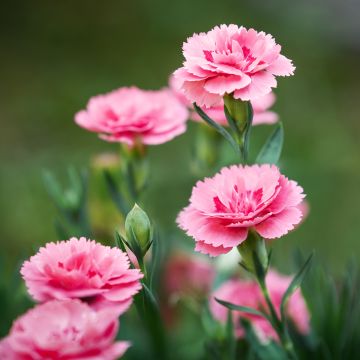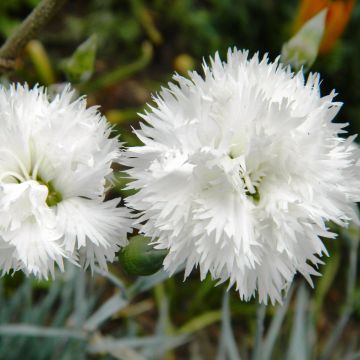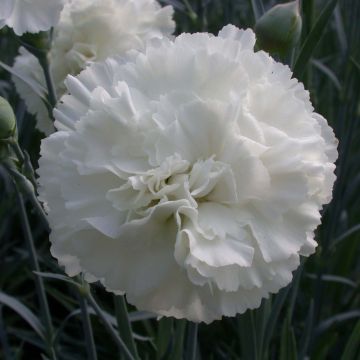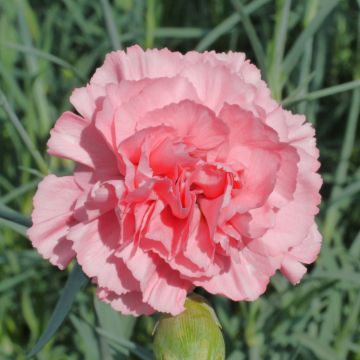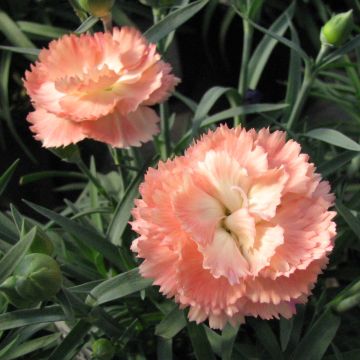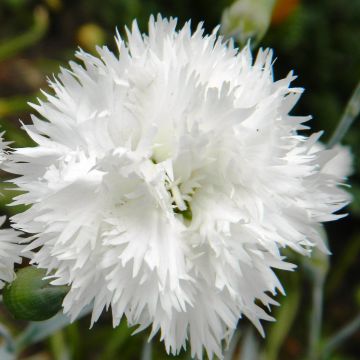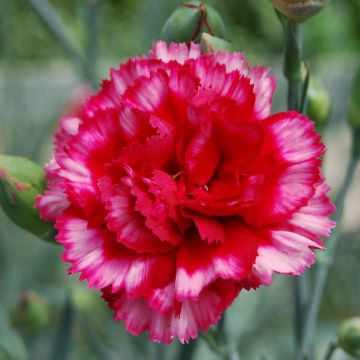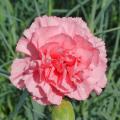Dianthus plumarius
Does this plant fit my garden? Set up your Plantfit profile →
Available in 1 sizes
Available in 2 sizes
Available in 1 sizes
Available in 2 sizes
Available in 1 sizes
Available in 2 sizes
Available in 1 sizes
Available in 1 sizes
Available in 1 sizes
Available in 2 sizes
Available in 1 sizes
Available in 1 sizes
Available in 2 sizes
Available in 1 sizes
Available in 1 sizes
Available in 1 sizes
Available in 2 sizes
Available in 1 sizes
Available in 2 sizes
Available in 1 sizes
Available in 1 sizes
Available in 2 sizes
Available in 2 sizes
Available in 0 sizes
Available in 1 sizes
Available in 1 sizes
Available in 2 sizes
Available in 1 sizes
Available in 1 sizes
Available in 1 sizes
Available in 1 sizes
Available in 1 sizes
Available in 1 sizes
Available in 1 sizes
Available in 1 sizes
The Sweet William, derived from Dianthus plumarius, are well known for varieties such as florist's carnations like 'Doris', 'Haytor White' or 'Spring Beauty'. Native to Europe, the wild species belongs to the Caryophyllaceae family. It is distinguished by its highly fragrant fringed petals and narrow leaves, which are a slightly greyish green, gathered in compact tufts. Most cultivars of florist's carnations are the result of cross-breeding between Dianthus plumarius and D. caryophyllus. They bloom between May and July, often emitting a sweet fragrance reminiscent of cloves. Among the most popular varieties, 'Devon Cream', 'Haytor White', and 'Ipswich Pinks' offer a palette of enchanting colours and scents, highly appreciated in flower borders or containers. Among the champions of fragrance and floribundity, we can mention the varieties of the 'Scent First' series ('Romance', 'Raspberry Sundae', 'Coral Reef'...). While the carnations 'Pike's Pink' and 'Helen' stand out for their unique hues.
These Sweet Williams thrive in well-drained soils and sunny exposures. They tolerate cold and limestone and require little water, making them suitable perennial plants for gardeners of all levels. Pruning after flowering promotes prolonged blooming. Discover them in this selection.
Haven't found what you were looking for?
































